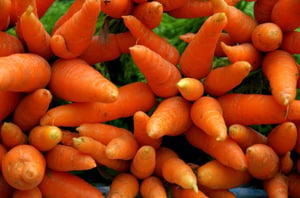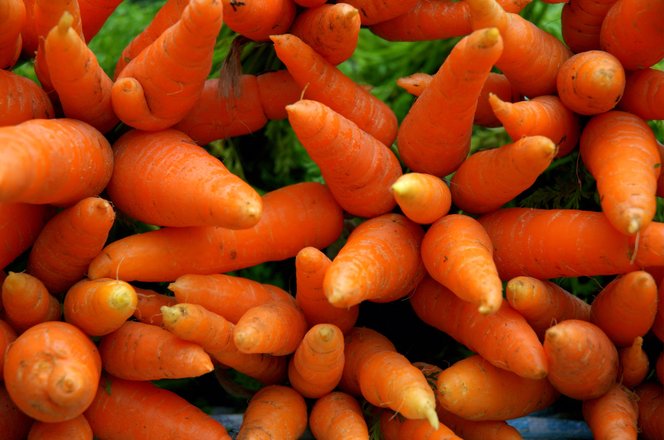Vitamin E refers to a group of eight fat-soluble compounds that include both tocopherols and tocotrienols.
Vitamin E has many biological functions, the antioxidant function being the most important and/or best known, as outlined by E. F. Bell in ‘History of vitamin E in infant nutrition’.
Other functions include enzymatic activities, gene expression – the process by which information from a gene is used in the synthesis of a functional gene product – and neurological function(s).

During a symposium run by The Nutrition Society on ‘Nutrition in the post-genomic era’, Plenary session 1: Post-genomic opportunities, G. Rimbach et al presented ‘Regulation of cell signalling by vitamin E’ in which they suggested that the most important function of vitamin E is in cell signaling and that it may not have a significant role in antioxidant metabolism.
The importance of vitamin E for humans was recognised in the late 1960s in connection with studies on premature infants in which hemolytic anemia was associated with vitamin E deficiency. Vitamin E is considered to be one of the most effective antioxidants; more effective, for example, than beta-Carotene at relatively higher oxygen partial pressure, and is more selectively distributed to the nuclear fraction as compared with other sub-cellular fractions.
The fact that a high dosage of vitamin E is not toxic to humans means a great deal of research is focused on anti-cancerous properties of the compound.
Interesting work is currently being done in relation to vitamin E and the growth, or division, of new cells necessary to keep tissues in healthy repair. In laboratory tests, when cancerous tissue was placed in a vitamin E-rich blood serum, the cancer tissue did not grow. When a blood serum lacking vitamin E was used in a similar test, the cancer cells divided normally. When this vitamin is lacking, healthy cell division does not occur and cancer cells are permitted to grow.
Other tests have highlighted that animals fed foods rich in vitamin E resisted cancer, whereas those fed foods lacking this vitamin developed a cancerous condition.
While information at this time is incomplete as to the relation of vitamin E to human nutrition and body processes, further experiments will no doubt herald continued developments.
In the meantime, it is safe to assume that – as with other vitamins – vitamin E plays an important part in building and maintaining vital health. It is a wise precaution, therefore, to include plenty of vitamin-rich foods in your daily diet.
Related Posts:
- Is Food Labelling the Best Communication Tool for Protecting Consumers?
- Food Fraud Costs the Global Food Industry $10-15 Billion Annually
- Gluten-Free Diets. Are They a Fad?
(Image Credit: Manu Mohan at www.freeimages.com)


